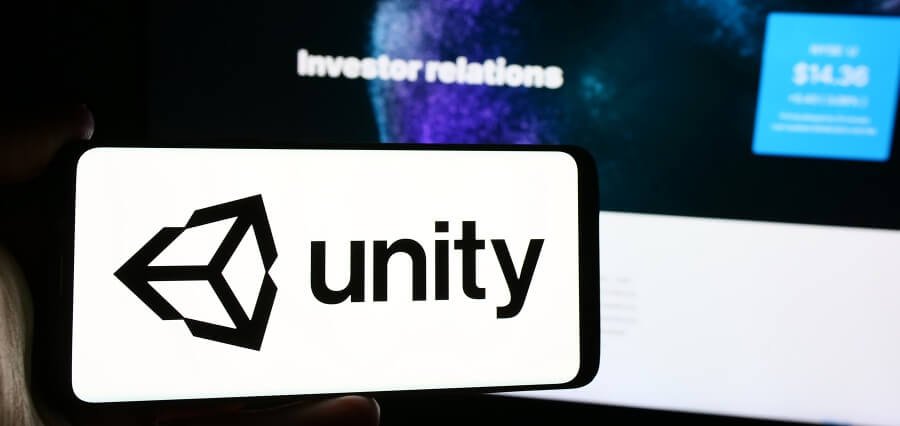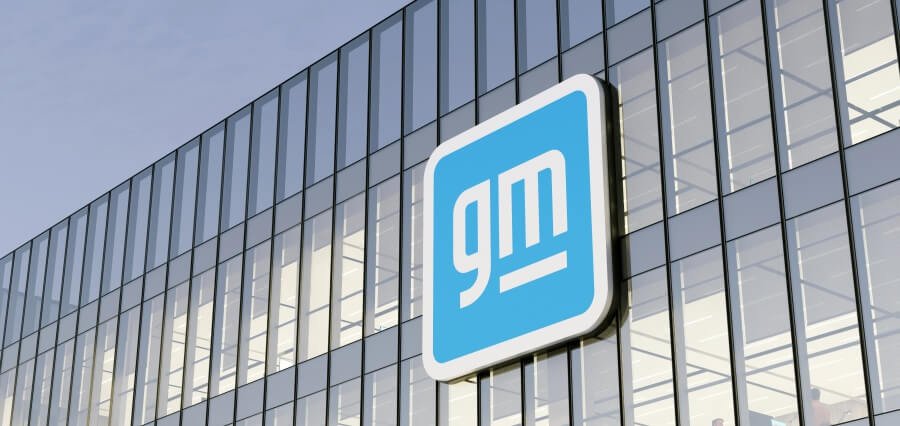Newly appointed Unity Software CEO Matt Bromberg is leading the company’s biggest product launch yet as it tries to weather a tumultuous time of leadership changes and significant financial losses. On October 17, Unity launched its sixth major release of flagship product Unity Engine, designed to help developers build games for mobile and other platforms.
At several points, Bromberg stressed how the company stands at a very crucial inflection point, the rollout of Unity 6, which sets priorities on stability, predictable updates and enables hundreds of players to simultaneously interact in shared virtual environments. He further added “With Unity 6, we would like to relink with our customers to reiterate our commitment toward delivering what matters to them.”
This launch comes against a backdrop of a series of setbacks for Unity, including lays off around 1,800 workers-about one-quarter of the company-that and a significant net loss, over $125 million in the second quarter. His predecessor John Riccitiello had resigned after a contentious pricing strategy alienated developers. The company made a significant policy shift by scrapping the proposed “Unity Runtime Fee,” a move that would have alienated many users.
Looking ahead, Unity will transform its pricing model into a more practical annual version with fees ranging between $2,200 per user annually for companies that make more than $200,000. “We would like to reassure our customers that they can build their multibillion-dollar game businesses on our platform,” Bromberg said.
Despite the recent turmoil, Unity remains in first place in the mobile gaming market, boasting an impressive 70% market share. Analysts said that such a strong position reflects the company’s continuing value to developers. Furthermore, Bromberg sees further cautious outlooks on generative artificial intelligence but emphasizes improvements to game development by established technologies.
Overall, there is a big emphasis from Bromberg on the evolved focus for gaming and 3D visualization, mainly since Unity has support for innovations in virtual and augmented reality.








